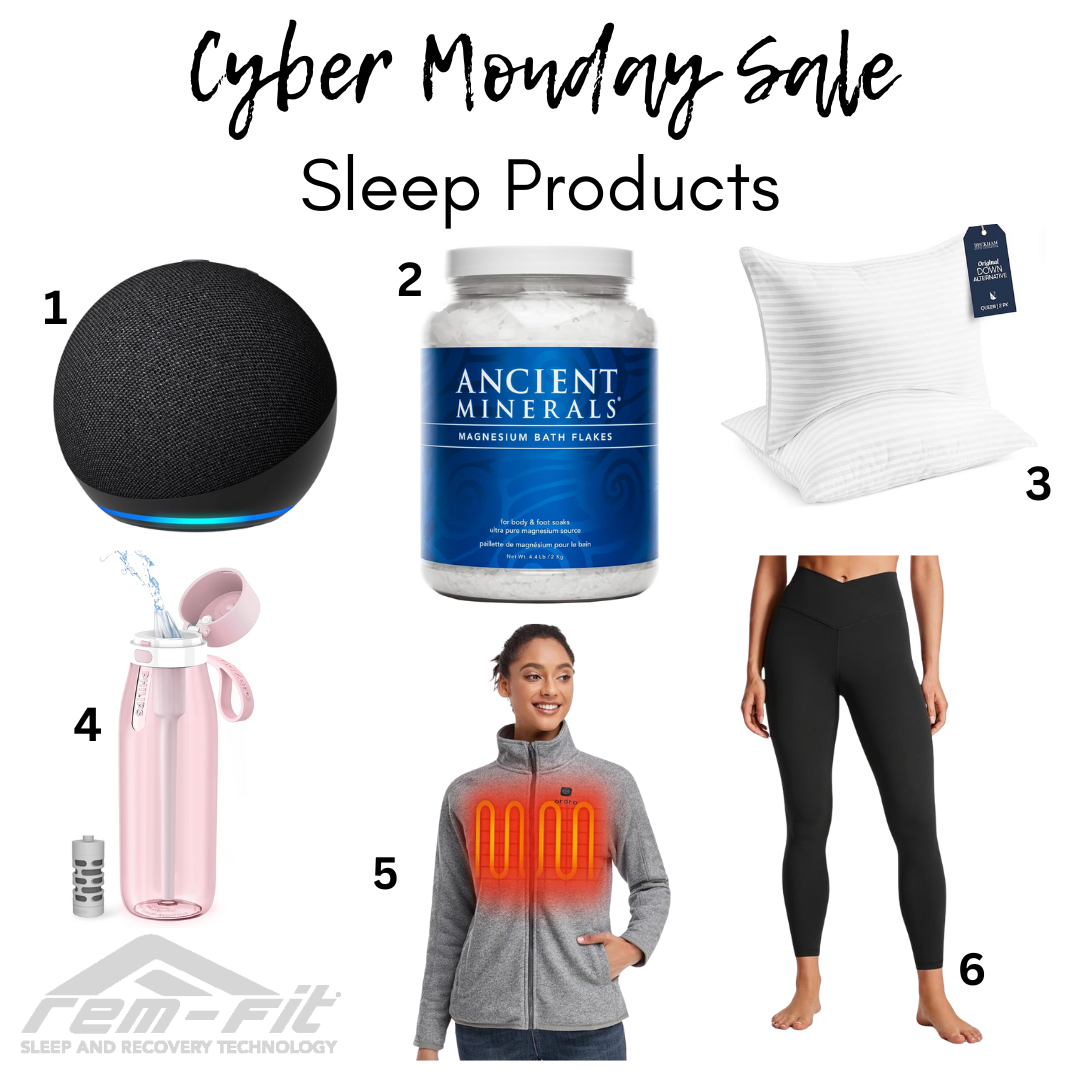
What is REM?
Sleep is a complex process including sleep cycles like REM, where we are unconscious, but our brain remains very active. Sleep is also a vital part of our daily life as it helps our bodies to feel rested and rejuvenated, heal, improve moods, can prevent health ailments or diseases and helps our brains process new information. One of the systems within the body that regulates sleep is the circadian clock, our body' natural clock, and sleep drive, which is determined by how long you are awake. During sleep, the brain will cycle through 5 different phases: stage 1,2,3,4 and REM sleep. These phases can be divided into two categories: Non-REM sleep and REM Sleep. What is REM? REM is an acronym for Rapid Eye Movement. It' the phase in our sleep cycles where our eyes rapidly move. Most dreams are said to occur during this phase, which can happen several times per night. REM Sleep is believed to benefit our moods, memory, and learning. Additionally, REM Sleep is very important for brain development in infants as it contributes to the construction of mature neural connections. REM sleep accounts for 20-to-25 percent of an adult' sleep cycle and at least 50 percent of infants. Typically, we experience the first cycle of REM sleep roughly 90 minutes after we fall asleep. What is Non-REM Sleep? Non-REM sleep is comprised of the first four phases the body goes through within the sleep cycle: Stage 1: is a very light sleep or the point where our bodies are just about to fall asleep, but still slightly awake. Stage 2: Our body temperature beings to drop in this stage and are heart rate begins to slow down as we fall into a somewhat deeper sleep. Stage 3 and 4: These two stages are closely linked (depending on which expert you speak to) where the body is in a state of deep sleep. The muscles are very relaxed and undergo a process of healing and growing. This is also the stage where our bodies release hormones and replenish our energy. Depending on an adult' age, and how long they sleep at night, the duration of non-REM sleep typically lasts about 30 minutes to 2 hours. Our Body and Brain During REM Sleep In addition to the processes that our bodies and brains go through during Non-REM sleep, they also experience the following changes during REM sleep:

- Irregular or increased breathing
- Increased heart rate and blood pressure
- Changes in body temperature
- Twitches to limbs, face and other body parts
- Very relaxed muscles, almost like temporary paralysis
- Possible sexual arousal in both genders
- The brain consumes more oxygen
- Brain activity increases to levels similar when awake

Also in Blog

Cyber Monday Sleep Deals
If you are looking to score some good deals, look no further than our sleep-inspired list of Cyber Monday deals.

Turkey and Cranberry Quesadilla's: Promote Sleep and Use Leftovers!
Turkey has long been known to help you feel sleepy, thanks to it containing tryptophan. If you have extra turkey and are looking for a quick dinner to help you feel sleepy tonight, try this quesadilla!

Thanksgiving Inspired Sleep Products
Turkey day is around the corner, and if you are on the hunt for some fun Thanksgiving themed products that not only look and function well but will help you sleep better, look no further! Check out our recommendations below.

